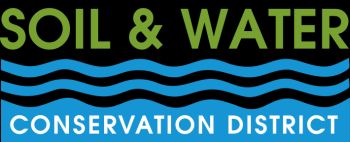 With all the headlines being dominated by the government shutdown, immigration, the wall, tax reform and DACA, another important subject that lawmakers cannot ignore for long is the 2018 Farm Bill. The Farm Bill is the primary agricultural and food policy tool of the federal government. It is passed every 5 years and deals with agriculture and all other affairs under the jurisdiction of the United States Department of Agriculture.
With all the headlines being dominated by the government shutdown, immigration, the wall, tax reform and DACA, another important subject that lawmakers cannot ignore for long is the 2018 Farm Bill. The Farm Bill is the primary agricultural and food policy tool of the federal government. It is passed every 5 years and deals with agriculture and all other affairs under the jurisdiction of the United States Department of Agriculture.
The farm bill has a tremendous impact on farming, how food is grown, and what kinds of foods are grown. But the Farm Bill imparts more than just farmers. Subsidies to farmers are part of the Farm Bill and these subsidies help determine what consumers pay for groceries. The Supplemental Nutrition Assistance Program (SNAP) or food stamps, is also part of the Farm Bill, as well as food labeling. Many conservation programs are part of this bill so environmental issues and programs are impacted.
Because this legislation affects so many different constituencies, both urban and rural, a key challenge is to recognize that multiple interests are at stake and avoid pitting groups against one another. It all comes down to working together and recognizing that compromise is not a four letter word.
By Debbie Palmer
MCSWCD














